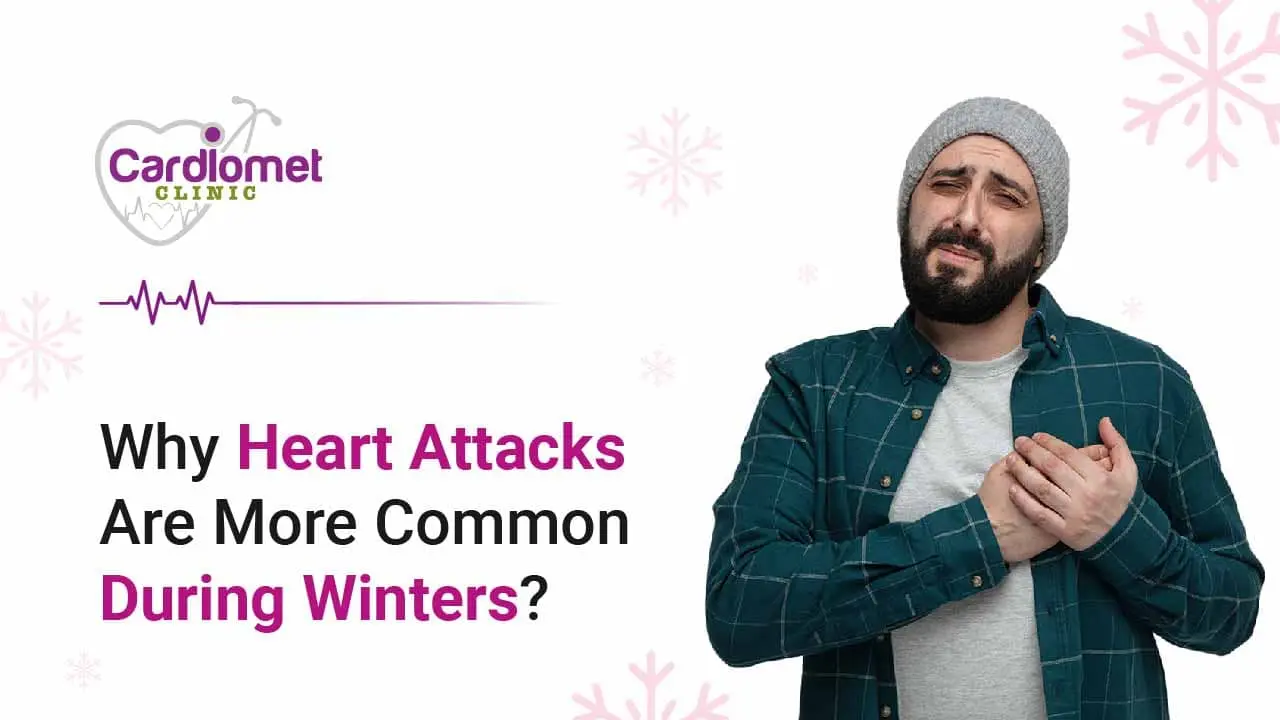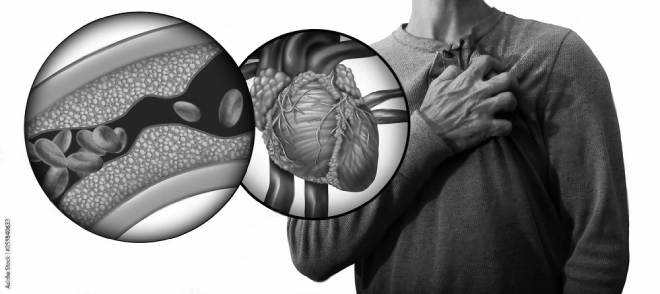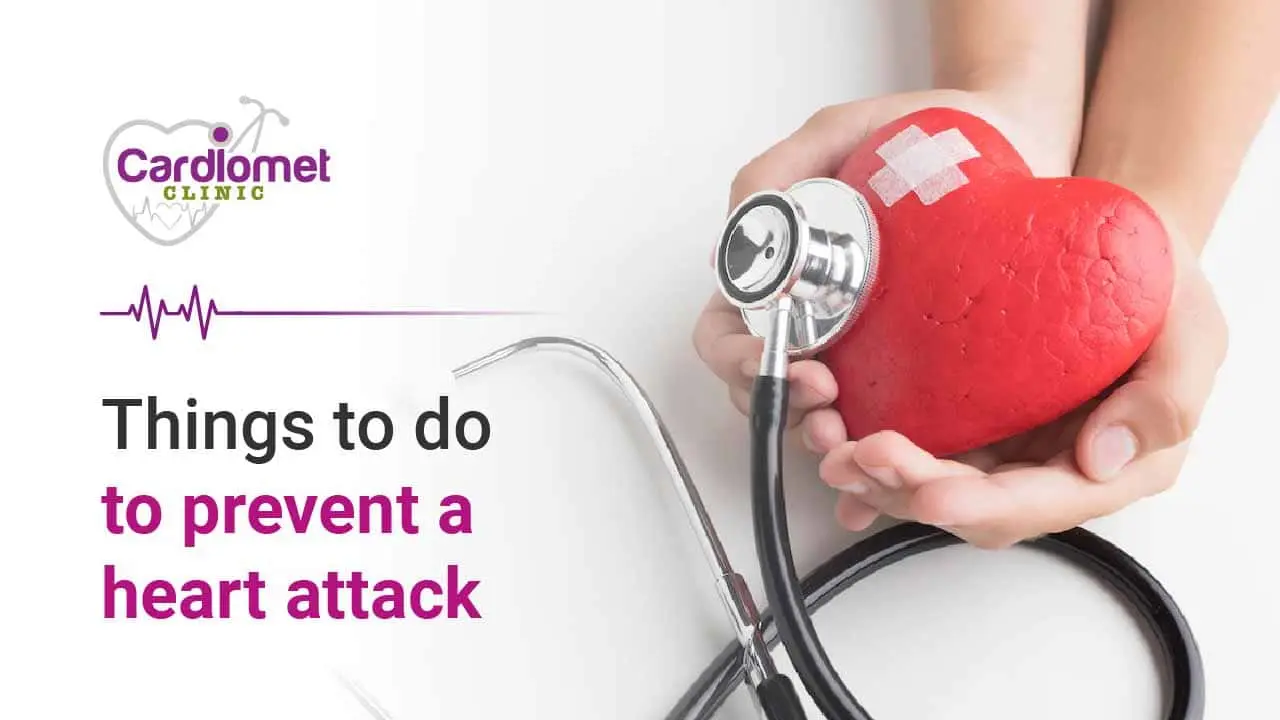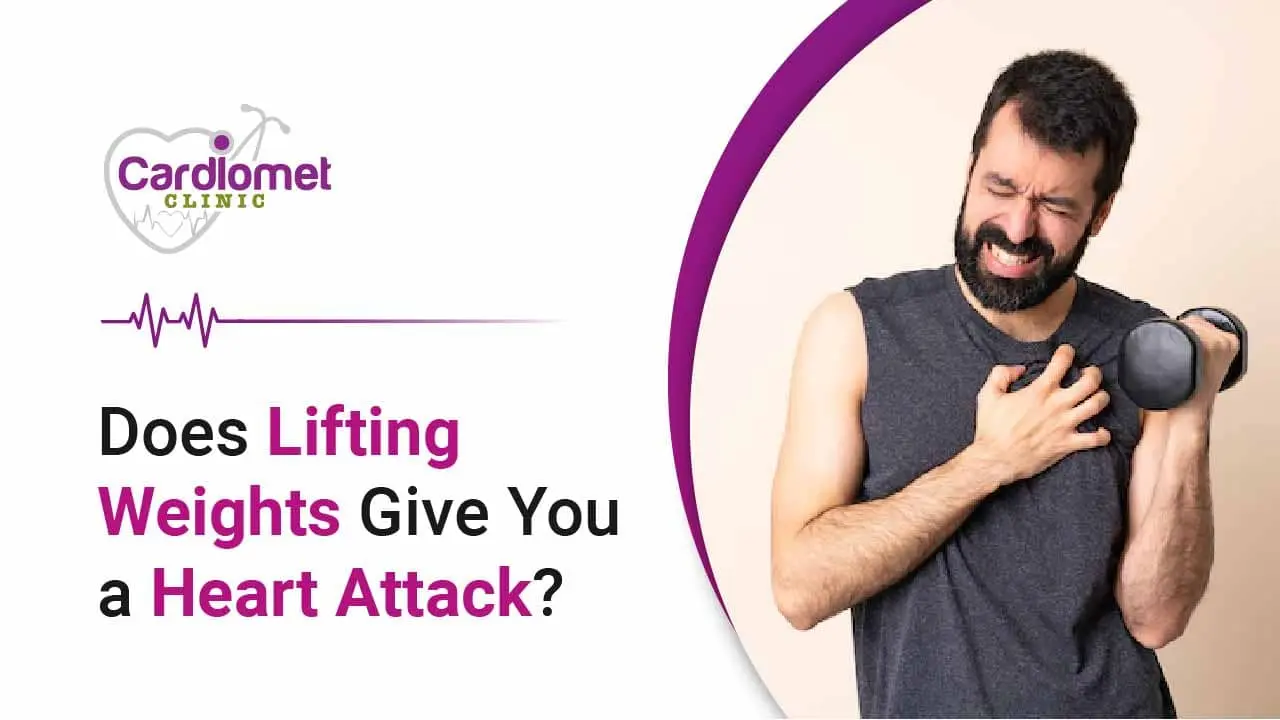Why Are Heart Attacks More Common During Winters?
As a cardiologist, I know how important it is to be informed about the risks surrounding heart health—especially during the winter. Every year, thousands of people go into cardiac arrest due to the colder temperatures.
Do you know, but why?
Every year, winter is the time when heart attacks are most common, an alarming disparity that all too often goes unnoticed.

Embark on a journey of knowledge in this insightful blog post, where I delve into the intricacies behind the heightened occurrence of heart attacks during the winter season.
Join me as I dissect the contributing factors and unveil effective measures to mitigate risks. Dr. Abhijeet Palshikar heart surgeon in pune at Cardiomet Clinic, your trusted guide brings expert wisdom to empower you with the tools to safeguard your heart's health.

Relation Between Heart Attacks & Winter
Recent research has shown that the link between colder temperatures and an increased risk of heart attack has advanced recently.
First and foremost, it's important to understand the physiological implications of winter weather on our bodies.
In extreme cold conditions, your body works hard to keep itself at a steady temperature by constricting blood vessels in order to conserve heat. This process can reduce the blood supply to organs like the heart, increasing the risk of a heart attack.

Additionally, during this time of year people tend to stay indoors more often—which can increase risk factors such as high cholesterol and high blood pressure due to less physical activity
Finally, research has also suggested that there may be a link between colder temperatures and increased stress levels.
Stress has long been considered one of the main triggers for heart attacks, so it stands to reason that this could contribute significantly if left unchecked.
For people who already have heart conditions, the winter is particularly risky because of all of these elements as well as the typical risks for a heart attack, like smoking, high cholesterol, and diabetes.
However, you don't have to be a helpless bystander when it comes to your heart's health!
Simple Tips To Reduce Risk of Heart Attack
- Start Exercising Regularly :
even just 20 minutes of moderate physical activity per day has been shown to lower your risk of having a heart attack.
- Get Plenty of Sleep :
not getting enough rest can increase stress levels and raise blood pressure, both of which can trigger a heart attack
- Monitor Your Diet :
cut back on unhealthy fats and sodium, and opt for lean proteins, fruits, and vegetables
- Manage Stress :
practice relaxation techniques such as yoga or meditation to help keep your stress levels in check
- Visit Your Doctor :
Elevate your heart health by embracing proactive measures. Prioritize your well-being with regular check-ups and open conversations about your heart's health concerns. With these simple yet impactful lifestyle adjustments, you pave the way for a reduced risk of winter heart attacks.

Trust in the expertise of Dr. Abhijeet Palshikar, distinguished as the finest Cardiologist in Pune at Oasis Clinic, to guide you towards a healthier and more secure future.
Stay safe this season, and don't forget to take care of your heart!




